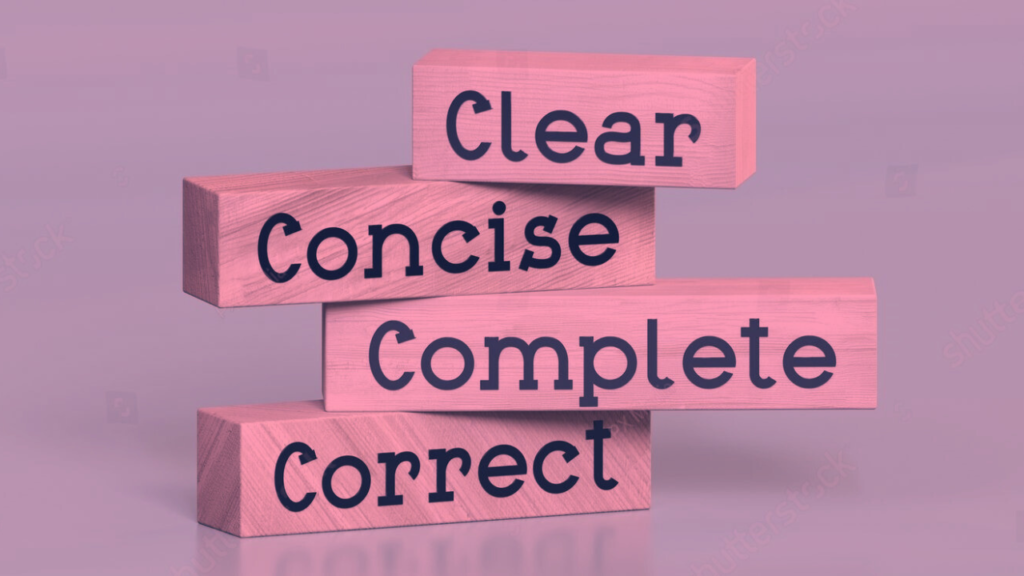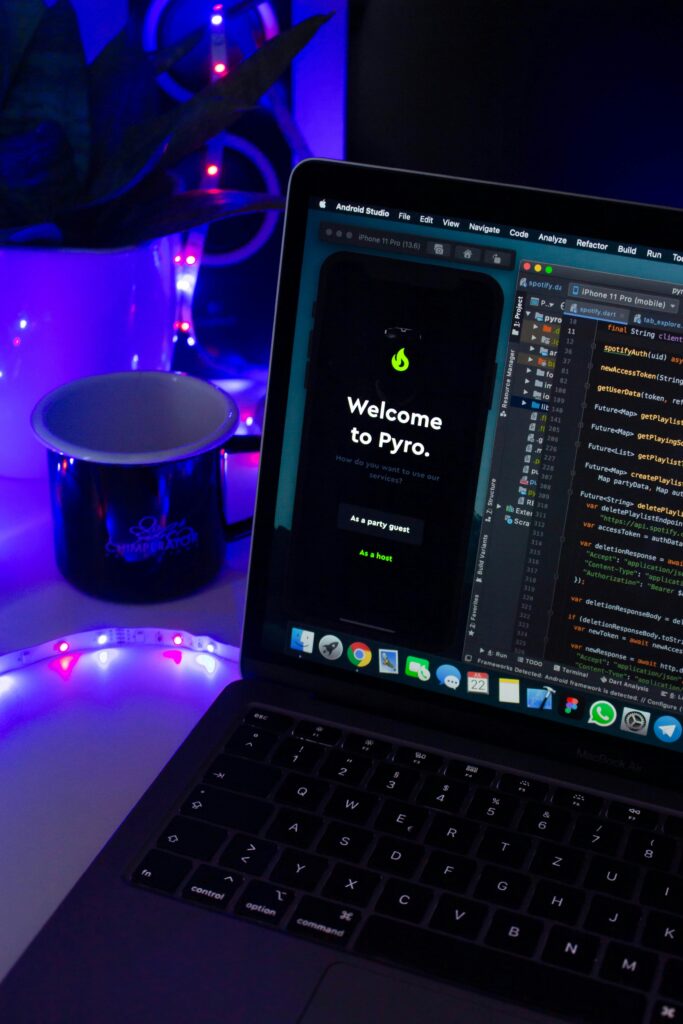Can I Code Well Enough To Get A Job?
By Newt / September 23, 2024 / No Comments / Tools & Tech
Doubting Programming Competence & What It’s Like Working In The Field
“How do I know if I can code well enough” is something pondered by both existing and aspiring programmers alike.
Some key programming areas are vital for you to cover before you can start asking for money for your work. This isn’t to say you can’t do the odd job here and there. Maybe you can produce a few things for personal use and dabble in a few languages. But before you get ahead of yourself, make sure you know what working professionally as a programmer entails as it isn’t all sunshine and rainbows. Lots of the work is documentation-heavy and less programming than one can imagine. I’ve been told by many friends and acquaintances in various fields that coding itself is only 20-40% of the job. The rest consists of team meetings, stand-ups, debugging, testing, documentation, and more.
Due to the nature of the industry, I think all programmers ask themselves this question regarding their coding capabilities. I think it’s because we’re always learning new things and expanding our knowledge in tech. So we often think we don’t know enough and aren’t adequate for the new role we want and feel like something is missing. Even if you are comfortable in your current role, you have thoughts like “What if my current level isn’t enough to move into a new position?”.
If you are early in your career but already in a tech role and trying to improve your skills. Do not worry, as you are on the right track. Over time you will develop and become more confident in your ability. Try not to compare yourself to those with countless hours more experience as this just makes the gap seem huge. You simply need to change your perspective and realize that this difference can be overcome with time and effort. Take a moment to reflect on all the hard work you’ve done so far and what you did to get where you are. Now you just need to take some more small steps and over time you can build a new skillset and pivot in any direction you want. It’s one of my favorite things about being in tech.
The above was more so for people already in the field and struggling to believe in themselves. Know that you are definitely not alone and that no one can learn everything and there is beauty in that. Look to specialize in certain areas that interest you. Doing this will ensure you’re happy and have purpose and direction. Take some courses on Udemy, use YouTube, read articles and you’ll pick things up quickly. Training to become good at something feels good and so does being great at something so it’s a win-win situation.
For those who came for the title and not the essay above. Whether you can code proficiently or are someone who programs and is yet to get a role in the field. Below is a list of 8 things you should expect to be somewhat confident in when coding. Not to say you need to be an expert. But you should definitely have an understanding and be able to apply them to some degree (Some more so than others).
8 Points To Identify If You Can Code Well
1. Understanding the Basics: Syntax and Logic
Before diving into advanced coding topics, a strong grasp of syntax and basic programming logic is essential. If you can write clean, error-free code that solves simple problems, you are on the right track. This foundational knowledge is the building block for more complex programming challenges. Understanding the syntax and logic helps you to dive in.
2. Problem-Solving Skills: Can You Break Down Complex Tasks?

Coding is about solving problems. If you can take a complex task and break it down into smaller, manageable pieces, it shows that you understand the essence of programming. Good coders often spend more time thinking about the solution than writing the code itself.
3. Debugging: Do You Know How to Fix Issues?
Bugs are an inevitable part of coding. Being able to debug and trace errors effectively demonstrates your depth of understanding. If you can consistently troubleshoot and resolve issues without relying solely on others, it’s a sign you’re becoming proficient. You will find that there is a lot of debugging to be done, especially when software needs updating.
4. Code Optimization: Can You Make Your Code More Efficient?
Efficient code is not just about making it work; it’s about making it work well. Optimize your code to be faster, use less memory, or be more readable without sacrificing functionality, you’re leveling up your coding skills. This is less important at the beginning but becomes more important as you progress.
5. Understanding Best Practices: Writing Readable and Maintainable Code

Coding isn’t just for machines—it’s also for other developers (including future you!). If you’re familiar with best practices like commenting, using meaningful variable names, and adhering to coding standards, you are showing consideration for maintainability and teamwork. Don’t just write the shortest code possible, because even you won’t understand it in a few months and will end up breaking it (It seems like a good idea at the time but it really isn’t). Make the code easily readable and adaptable.
6. Can You Adapt to New Tools and Languages?
The tech world evolves rapidly, and the ability to utilize new languages, frameworks, or tools is critical. If you can quickly pick up a new programming language or adapt to different environments, you’re well-prepared for long-term success in coding. Every company has a different stack so get familiar with switching applications used even if the programming language is the same.
7. Building Projects: Are You Creating Functional Applications?

Ultimately, coding well is about creating something functional. Whether it’s a web app, a data analysis tool, or a game, building projects from scratch showcases your ability to turn knowledge into practical output. If you can develop and deploy your own projects, that’s a great sign of your coding proficiency.
8. Collaboration: Are You Comfortable Working in Teams?
Good coding isn’t just a solo endeavor. If you can work well in a team, review others’ code, and contribute effectively to group projects. You display an important aspect of coding proficiency, being competent when working collaboratively. Collaboration and communication skills are just as important as writing perfect code.
Summary: Code Well In Time
It’s normal to doubt your coding skills, especially when you are constantly learning and pushing yourself. Many new programmers feel unsure about whether they’re “good enough,” but the truth is, that coding is hard, and even seasoned developers have moments of doubt. What matters is recognizing the progress that you have made while staying committed to improving.
For those just starting out, focusing on the basics like understanding syntax, breaking down problems, and debugging is key. But it’s also important to realize that coding isn’t just about writing flawless code—it is about learning, growing, and collaborating. It is okay to struggle because that is how you get better. You are learning a complex skill that takes time.
